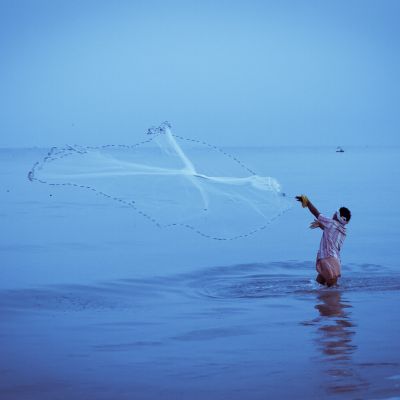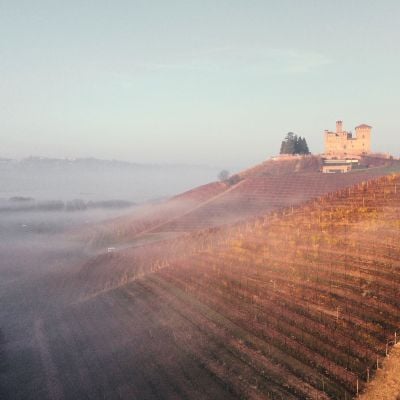Interview: Dereck and Beverly Joubert
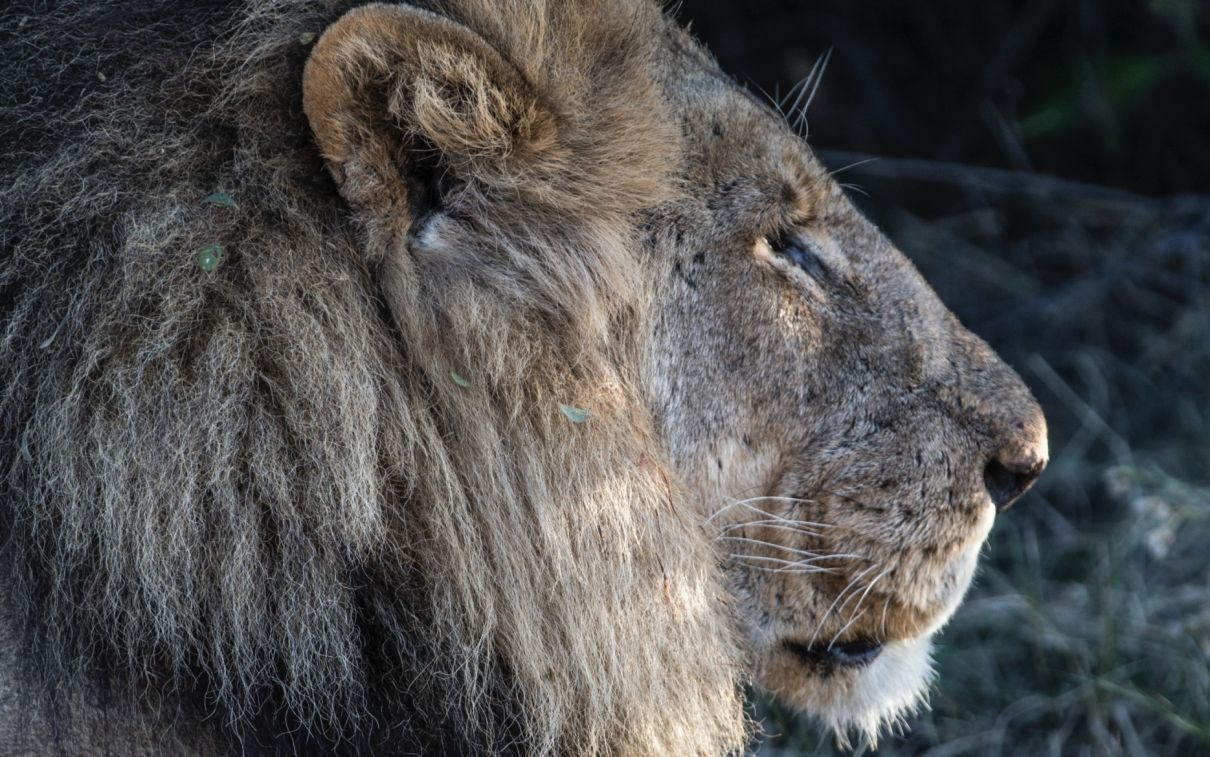
The original wildlife photographers, Dereck and Beverly Joubert, on their mission to protect African wilderness.
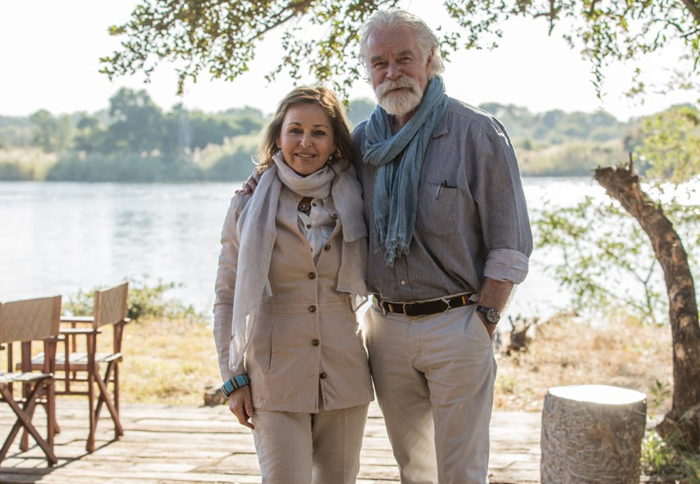
Wildlife conservationists Dereck and Beverly Joubert have been filming, researching and exploring Africa for over 35 years. Award-winning filmmakers, National Geographic explorers-in-residence and founders of the Big Cats Initiative and Great Plains Conservation, their mission remains unchanged: the conservation and understanding of large predators and other key wildlife species that determine the course of all conservation in Africa. Billionaire sat down to talk with the couple.
What does conservation mean to you?
It’s an interesting word. Conservation is and should be the basis of everything; if we are not looking after the planet, we will lose everything. Everyone has to be a conservationist; it can’t be a hobby, but a fundamental action. More than ever, we have to fiercely defend what we have to make it better. That is conservation.
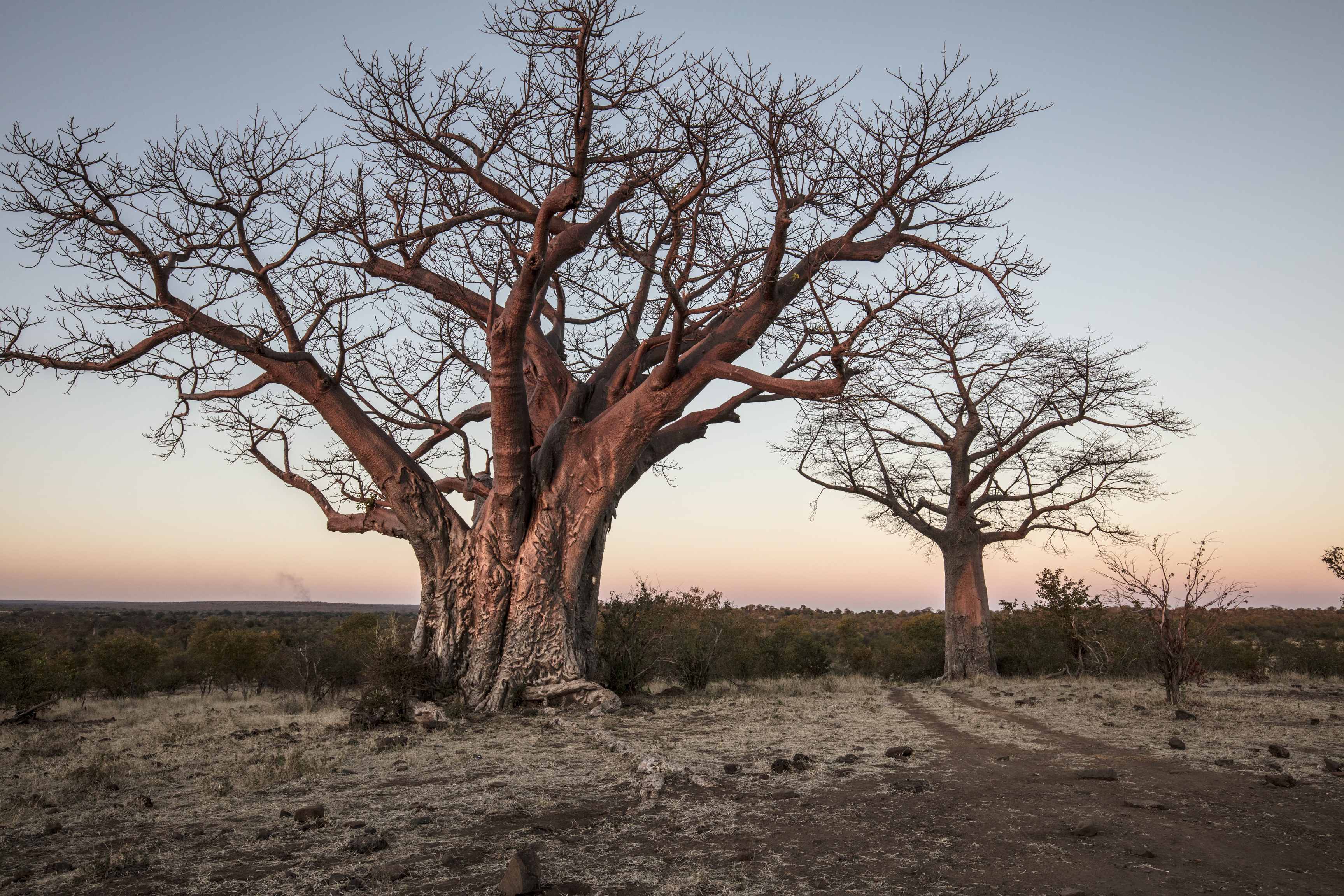
How did you get involved in it?
When we were young, we thought it was all about open spaces and the roaring of a lion in the distance. When we started there were 450,000 lions, and now there are only 20,000. That’s when it became urgent for us to protect the whole, the beauty of it all. We had to be more active to protect the wilderness before it is all gone. We also followed and filmed a little leopard for four-to-five years: he was eight days old when we first encountered him and to us ‘he’ became an individual character. During the same time, 10,000 leopards were shot.
Could you tell us a little bit about your adventures with lions?
For 35 years, we have filmed lions and are still constantly surprised by them. For example, the Selinda pride, which live on the Selinda concession we own, took a chance at hunting a hippo one day, out of the blue. They succeeded; it was the first sighting of them doing so. We were also the first ones to see another pride hunt elephants. We also learnt that they hunt at night when it’s the darkest and stay in hiding when the moon is out. What fascinates us to this day is the incredible adaptability of these big cats: facing a situation, they will work it out, think it through and become expert at it. Like humans do.
What are the main challenges faced by conservationists in Africa?
There are three: ignorance, greed and necessity. First, there is ignorance. Some think it is not a bad idea to go and shoot a rhino. We need to spread the facts and erode the ignorance: today, we simply cannot hunt any animal without degrading biodiversity in Africa and on the planet. Then there is greed: that is when you don’t need to kill an elephant and you do it anyway. We know that illegal wildlife trade accounts for US$27 billion per year — a figure tourism and conservation are never going to match. The only solution is to work hard on making it very difficult for people to trade by increasing expert anti-poaching units and reducing demand, so prices go down dramatically. And, finally, necessity. Many poor people live next to a national park and they will kill because they need to eat. Our role is to be increasingly involved in community projects to uplift communities. If we can’t lift people and all sit around the same table, we will forever be losing the conservation fight.
How can high-end hospitality help scale sustainability today?
When we established Great Plains, we had a choice: value, medium or low income, or high-end tourism. And then we looked at the ecological impact to find the best balance: would you rather have one-million visitors spending a few euros each, with a huge ecological footprint; or a handful of visitors for a much bigger profit (with only a faint ecological footprint? At Great Plains, we employ four persons per guest, which means welcoming high-end tourism. Also, guests who can’t afford to spend more than US$100 a day won’t leave much for the community behind. So, we aimed for wealthy clients and looked how we could match their carbon footprint by planting trees. We also want a small community of like-minded people to form around the dinner table for conversations to happen. The inspiring conversation is why high-end tourism really works. Conversations lead to actions that have a multiplier effect. We once took a guest on a tour of our solar farm; when he went home, he changed the lighting of his corporate building in Texas.
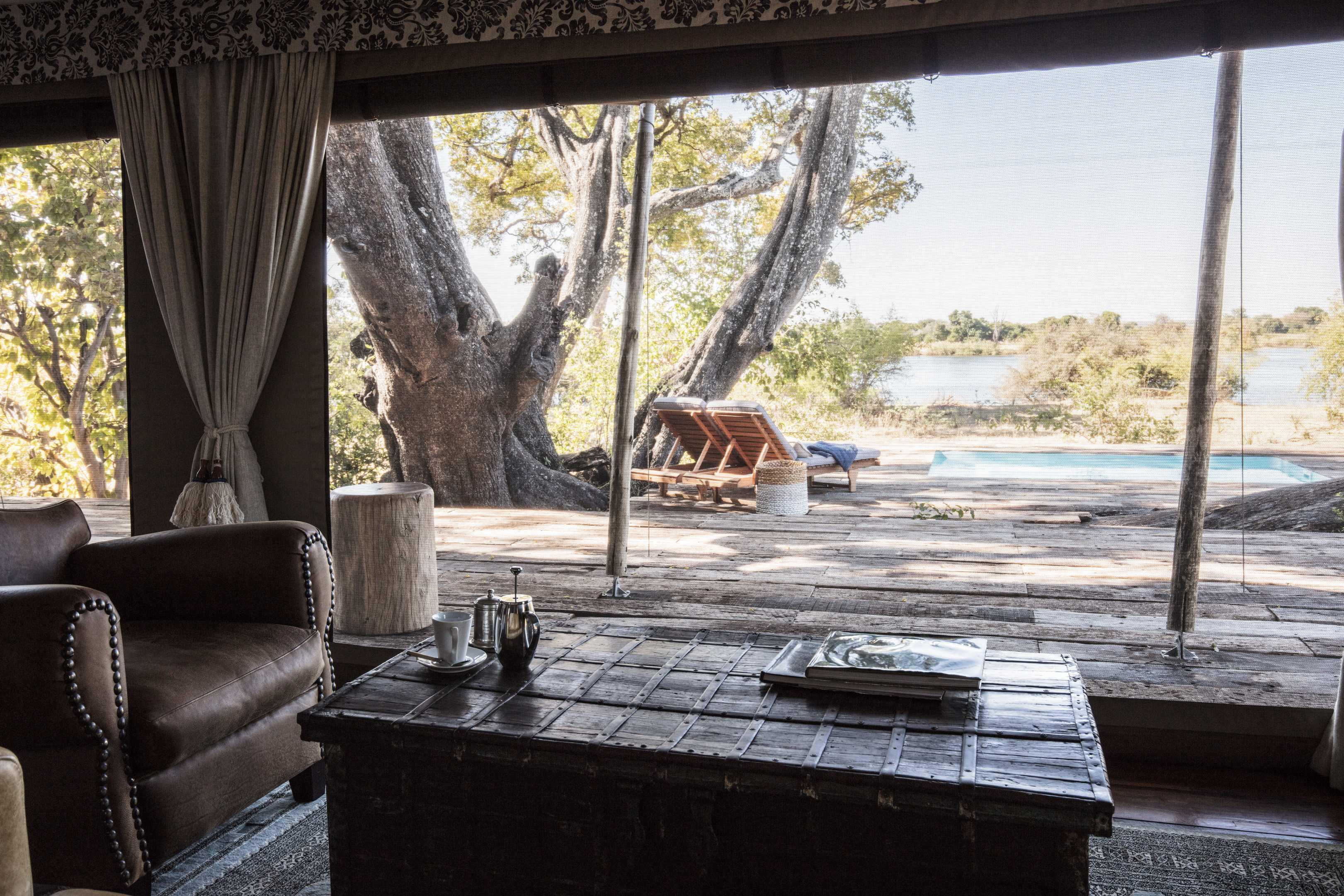
Could you give us a few examples of scalable actions that could be implemented in Africa across the tourism sector?
We set up the Great Plains Academy, which offers two levels of education. We realised there was a great divide in education between poor, rural areas and the urban areas. The former live near national parks and interact with nature, while being left behind; the latter are completely estranged from conservation but receive a decent education. There is no bridge between the two systems, plus, there are no wildlife programmes, earth science or conservation courses in Africa today. We use conservation as a basis to teach ethics and academic skills in rural areas, hoping they will become the best advocates to drive conservation ethics into the cities. Communities that understand conservation will thrive. Those who fight it, will suffer.
And then we sit down with the kids and ask them to shape tomorrow’s tourism industry from a community perspective.
What is your inspiration?
The elephants and the way they go through the world. You know, we keep on finding out things about elephants. And to keep on learning we should protect them.
Great Plains Conservation uses eco-tourism as a tool to sustain conservation programmes and operates a handful of high-end safari camps in Kenya, Botswana and Zimbabwe.
http://www.greatplainsconservation.com
This article originally appeared in Billionaire's Earth issue, September 2019. To subscribe contact



